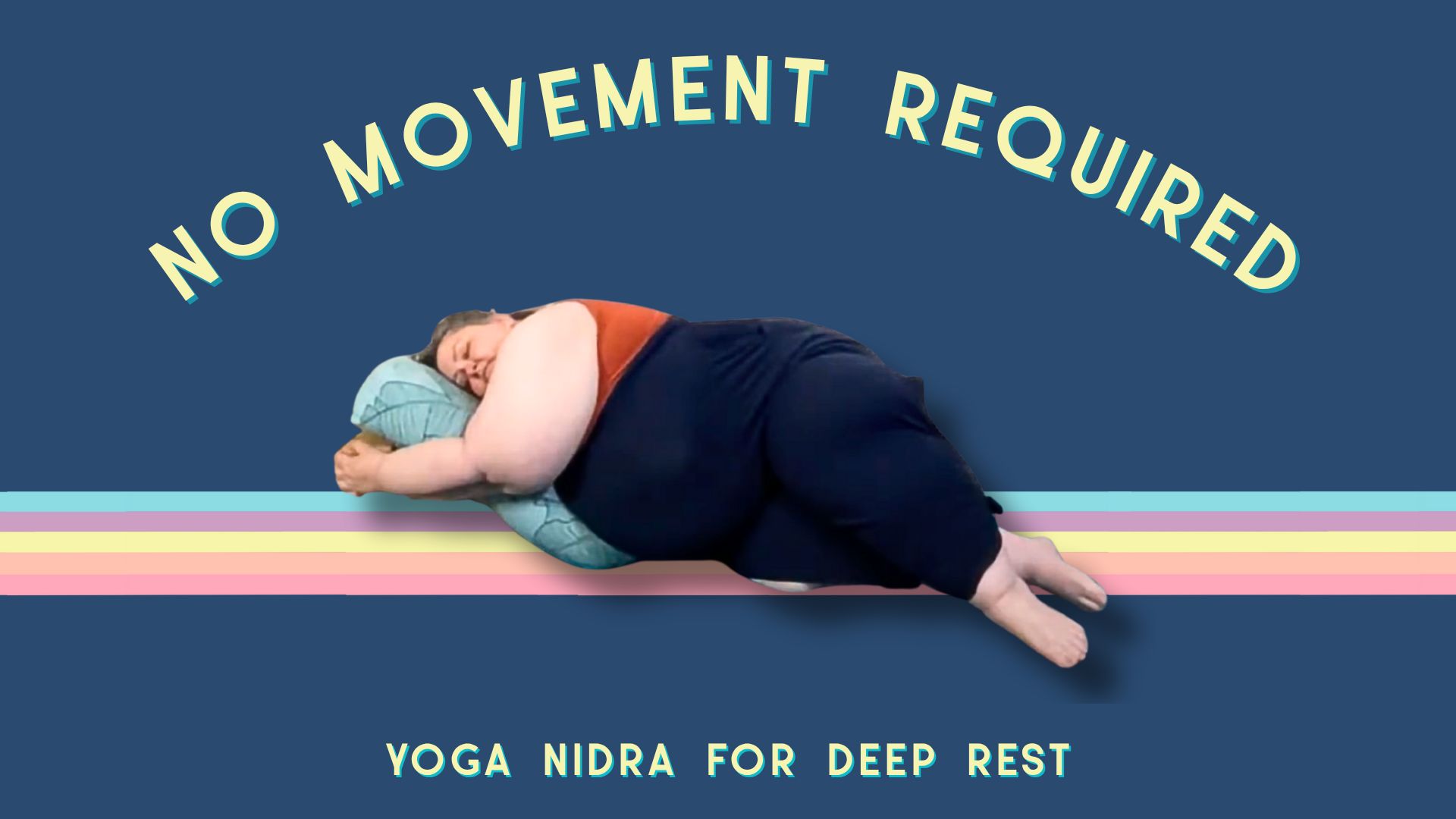- Letters from the Fringe...(ish)
- Posts
- The Quiet Power of Being Seen
The Quiet Power of Being Seen
Joy as Cultural Capital
We don’t always know who’s watching—but our presence, our joy, our unapologetic existence might be someone else’s first glimpse of possibility.
🧴 Summer Self-Care: Cracked Heels
Let’s talk about feet, specifically, cracked heels. Mine have been rough lately (even rougher than usual). Summer, sandals, standing for hours, standing on my mat… it adds up. And for a long time, I just ignored it as I do with many aspects of self-care, if I’m honest.
It’s not that I don’t want to care for myself. It’s that I’ve spent so much of my life putting other people’s needs first, pushing mine to the side, convincing myself that I’d get to it later.
But lately, something shifted. I noticed my kid watching me. Watching when I pushed through exhaustion. Watching when I put my needs aside. And watching when I finally took a minute to care for myself, and how he often joined in self-care when he saw me do it.
And I realized: I want him to grow up knowing what it looks like to care for himself. I want him to believe that care is not a luxury. That it’s normal. And that it’s something both he and his future partner(s) deserve too.
So this week, I’ve been taking five minutes a night to slather on thick foot cream and put on socks before bed. Nothing fancy. Just small, deliberate care.
Quick tip: A thick layer of urea cream + cotton socks overnight = soft(er) feet by morning. A bonus if you keep it by your bed with your water bottle. You deserve that little ritual, too.
✨ The Quiet Power of Being Seen
Joy as Cultural Capital
I’ve been listening to Soil: The Story of a Black Mother's Garden by Camille Dungy, and one line keeps rustling in my chest: when we don’t see ourselves in stories about nature, we begin to believe we don’t belong there.
Dungy is writing about Black folks and women in nature writing, but that feeling of being left out of the narrative hit home for me as a fat person.
I grew up in suburban Detroit, where nature wasn’t something we ventured into. There weren’t many sidewalks. We didn’t take hikes. And fat people like me certainly didn’t appear in outdoorsy media, unless we were the joke. The struggling one. The cautionary tale. The message was clear: this space isn’t for you.
It wasn’t until I met my partner, someone who grew up in Hawaiʻi and moved through the outdoors with ease and joy, that I realized how much I had been taught to stay small and stay home. They had what sociologist Pierre Bourdieu would call cultural capital: the skills, knowledge, and confidence that signal you “belong” in a space. Not because of money or merit, but because you’ve learned the unwritten rules. How to dress. What to bring. What to say when someone passes you on the trail.
But cultural capital isn’t just something we inherit. It can also be shared.
My partner didn’t hoard that knowledge. They offered it freely. They invited me into it. And that invitation to witness someone’s joy in a space I thought wasn’t mine changed me.
And here’s what I want you to know: you might be doing that for someone else, right now. Just by being who you are. Just by existing in your body with a little bit of joy.
You don’t have to be loud about it. You don’t have to be teaching a class or making a statement. Sometimes, just showing up as yourself, unapologetically, is enough to shift something in someone else. You might not even know they’re watching, but they are. And your presence might be the first time they’ve seen someone like themselves in a space they were told they didn’t belong. That’s cultural capital, too. That’s a gift. That’s you, quietly rewriting the rules.
📣 Rage & Repeat: On Starvation and Silence
Right now, people in Gaza are starving. Aid convoys have been blocked, food has been weaponized, and children are dying of hunger. Israel has said it will open humanitarian corridors to allow aid into the Gaza Strip. If they keep their word, groups like World Central Kitchen will be able to deliver much-needed food and relief to those who need it most.
It’s easy to feel powerless in the face of this kind of violence. In the face of genocide. But silence is part of how it continues. And if you have any cultural or social capital—any safety, platform, or perceived neutrality, you can use it.
Just like your presence might quietly show someone they belong, your voice might be the reason someone finally understands what’s happening or finds the courage to act.
We don’t have to be experts. We just have to refuse to look away.
Let your presence be an invitation.
Let your voice be a refusal.
🫱🏽🫲🏾 You can support food relief efforts in Gaza through World Central Kitchen.
🪷 This Week’s Practice: Rest Like You Mean It
This Sunday’s livestream is a soft landing.
We’ll begin with gentle grounding and breathwork, then settle into an extended Yoga Nidra meditation designed to support deep rest and nervous system repair. No movement required—just you, your breath, and whatever makes your body feel safe and supported. I will offer a selection of restorative postures for you to take, or chose your own.
🕘 Sunday, August 3 at 9 PM ET
🎥 Watch on YouTube (Livestream + Replay)
🧺 Props: Pillows, blankets, eye covering, warm socks, your softest hoodie—whatever says rest to your body.
Come as you are. Rest like you mean it.
💜 With care and quiet fire,
Shannon
